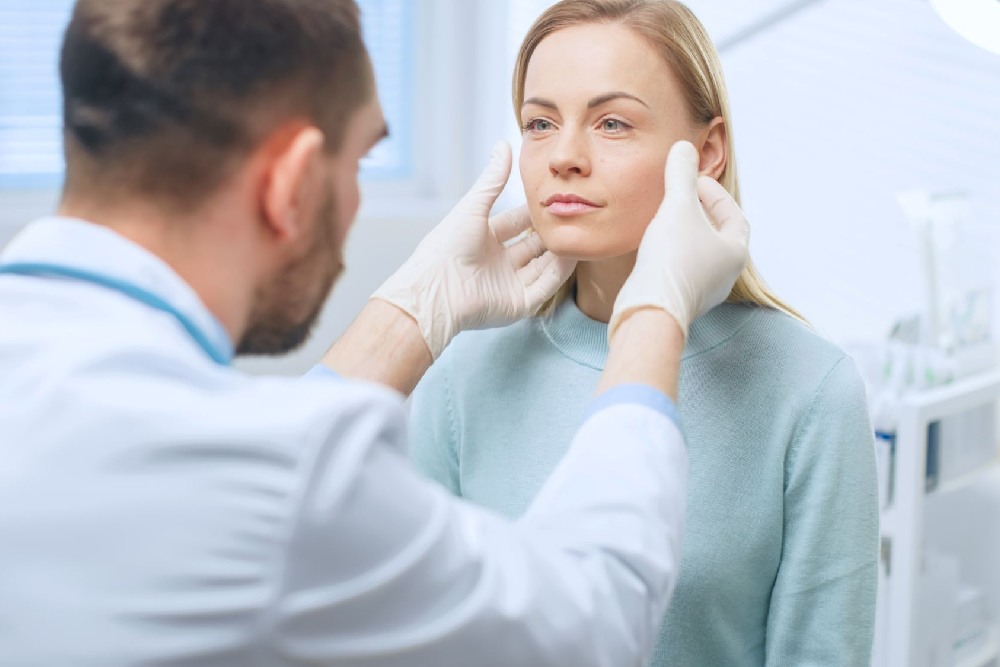Undergoing plastic surgery can be a life-changing decision, and proper post-operative care is crucial for ensuring a smooth and successful recovery. Whether you’ve had a facelift, breast augmentation, rhinoplasty, or any other cosmetic procedure, following the proper aftercare instructions is essential to achieve the desired results and minimize potential complications.
Discover valuable tips for a successful recovery after plastic surgery.

Table of Contents
1. Follow Your Surgeon’s Instructions
Reputable plastic surgeons, such as The Toronto Plastic Surgery Centre, offer invaluable guidance throughout recovery. They’ll furnish you with meticulous step-by-step guidelines encompassing essential aspects of your recuperation journey. These contain instructions on adeptly tending to your surgical wounds, encompassing detailed cleaning, dressing changes, and recognizing signs of infection.
Furthermore, they will provide expert counsel regarding managing prescribed medications, encompassing dosages, timing, and potential interactions. Your dedicated medical team will also offer tailored advice on precise precautions to be observed, contingent upon the unique attributes of the surgical procedure you have undergone.
This attention to detail optimizes your healing process, reducing potential complications and facilitating a successful recovery.
2. Rest And Allow Your Body To Heal
Rest is an essential component of the healing process. Your body requires adequate time to recover from the trauma of surgery. Be sure to get enough sleep. Adequate and sound sleep is vital in tissue repair, immune system bolstering, and overall rejuvenation. Ensuring that you allocate ample time for restorative sleep can significantly contribute to your body’s swift and effective healing. Likewise, avoiding strenuous activities that could strain your incisions or impede the healing process is best.
Raising your head and finding a cozy resting position can also bring advantages. Elevating your head may help boost blood flow and ease discomfort and swelling after surgery. This easy but powerful action lessens the pressure on incisions and improves overall comfort.
3. Maintain A Healthy Diet And Stay Hydrated
Maintaining a healthy diet is vital to fostering healing and minimizing complications. Opt for a balanced diet that includes a variety of vitamins, minerals, and protein. These essential nutrients are crucial in repairing tissues, enhancing the immune system, and supporting the body’s inherent healing processes.
By making conscious dietary choices and embracing nutrient-rich foods—such as lean meats, fruits, vegetables, and whole grains—you can actively contribute to your healing progress. This way, the body receives the necessary building blocks to fortify its healing mechanisms. This may result in a more efficient recovery and ultimately achieve the surgical procedure’s desired outcomes.
Besides a healthy diet, drinking plenty of water is best for maintaining hydration and overall health. This aids circulation, helps flush out toxins, and can contribute to healthier-looking skin as you recover.
4. Care For Incisions And Dressings
Properly tending to your incisions and dressings is vital to thwart infections. Adhere closely to the surgeon’s explicit instructions for maintaining cleanliness, changing dressings, and applying prescribed topical treatments. Refrain from touching or manipulating incision sites with unclean hands, as this could introduce harmful bacteria and hinder the healing process.
By exercising meticulous care, you can help optimize the chances of a smooth and successful recovery. This attentiveness translates into a decreased likelihood of setbacks and an enhanced opportunity for the body to channel its energies into comprehensive healing and rejuvenation.
5. Avoid Smoking And Alcohol
Avoiding smoking and alcohol during recovery is crucial. Both substances hinder healing by affecting blood flow and weakening the immune system. Refraining from smoking and limiting alcohol can help create a better healing environment and reduce complications.
Smoking constricts blood vessels, limiting oxygen and nutrients to heal tissues. On the other hand, excessive alcohol weakens the immune response, delaying healing. Abstinence empowers the body’s focus on healing, enhancing immunity, blood circulation, and overall recovery efficiency. A smoke-free, moderate alcohol approach dramatically contributes to successful recovery.
6. Gradually Resume Physical Activities
As you heal, gradually reintroduce light physical activities into your routine. However, it’s best to follow your surgeon’s advice on when it’s safe to start exercising again. Engaging in gentle movements is beneficial.
Simple exercises post-surgery can help stimulate blood flow to the healing areas. Enhanced circulation facilitates the delivery of essential nutrients and oxygen to support tissue repair and regeneration. Moreover, these gentle movements help prevent complications such as blood clots arising from prolonged immobility.
7. Attend Follow-up Appointments
Regular follow-up appointments with your plastic surgeon are vital to monitor your progress and address any concerns. These appointments allow your surgeon to assess your healing, remove stitches if necessary, and adjust your aftercare plan.
8. Stay Patient And Positive
Recovery is a gradual process, and results may take time to manifest fully. It’s essential to remain patient and maintain a positive mindset throughout your healing journey. Surround yourself with a supportive network of friends and family to help you stay motivated and focused on your ultimate goals.
Conclusion
Successful recovery after plastic surgery requires proper care, patience, and adherence to your surgeon’s instructions. By following these essential tips, you can maximize your chances of achieving the best possible outcomes from your cosmetic procedure. Remember, each individual’s recovery process is unique, so it’s crucial to consult your surgeon for personalized advice and guidance tailored to your specific case. Your commitment to post-plastic surgery care will contribute significantly to your overall satisfaction with the results and your newfound confidence.

